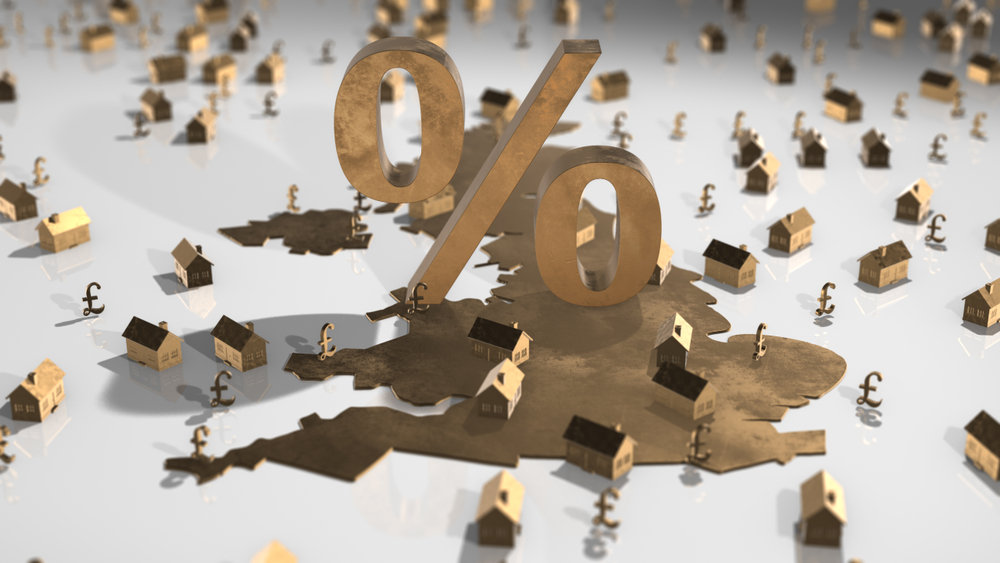 This is according to Nationwide Building Society’s chief economist, Robert Gardner who was speaking in response to the Autumn Budget on Wednesday.
This is according to Nationwide Building Society’s chief economist, Robert Gardner who was speaking in response to the Autumn Budget on Wednesday.
Chancellor Rachel Reeves confirmed the temporary relief on stamp duty will expire on 31 March 2025, as set out by the previous government.
At present, under the stamp duty holiday, first-time buyers do not pay the tax on the first £425,000 – but this threshold will fall to £300,000 at the end of March. Meanwhile, other residential buyers will see the nil rate fall from £250,000 to £125,000 on 31 March.
Gardner believes there will be a flurry of buyers making haste to purchase properties before March and this will ignite the market.
In October, according to the latest Nationwide House Price index, property prices increased by 0.1% compared to the previous month. Over the year, they grew by 2.4% which is down on the 3.2% growth seen in September.
It would seem the housing market has slowed down in the run up to the Budget. But Gardner thinks the stamp duty changes may alter the landscape in the coming months.
He said: “The main impact of the stamp duty changes is likely to be on the timing of property transactions, as purchasers aim to ensure their house purchases complete before the tax change takes effect.
“This will lead to a jump in transactions in the first three months of 2025 (especially March), and a corresponding period of weakness in the following three to six months, as occurred in the wake of previous stamp duty changes.”
In which areas will first-time buyers see the most impact?
He said data suggested the stamp duty change would affect around one in five first-time buyers. This would vary in different parts of the country, with buyers the South East of England seeing the biggest impact. Here, 40% of first-time buyers paid between £300,000 and £425,000 for their homes so the change will increase the cost of moving for the affected first-time buyers by £2,900 on average, according to Nationwide.
The areas least affected would be Yorkshire & The Humber, the North of England and Northern Ireland, where less than 10% of first-time buyers paid between £325k and £425k for their homes.
For many first-time buyers – even those able to benefit from the tax break – there are still problems with affordability.
Emma Jones, managing director at Whenthebanksaysno.co.uk, speaking via the Newspage Agency was concerned consumer confidence was low. She said: “The property market has been firing for a number of months now as mortgage rates dropped, which boosted confidence and really started to boost transaction levels. The Budget has holed that confidence under the waterline and the fallout is already clear.
“Yesterday, the markets delivered their verdict and it was that they do not like it one bit. Many prospective buyers are now assessing how they will be impacted by the Budget and how it will affect their buying and spending power.
“A few days ago it was looking like we’d have a confident and busy end to 2024 but now it looks set to be hesitant and muted. The stamp duty deadline may drive a number of transactions in the first quarter of the year but many people may simply not have the confidence to move forward with their plans.”




